Climate Changes Implications To Pacific Islands
Climate change remains the greatest threat to the livelihoods, security and well-being of the peoples of the Pacific islands.
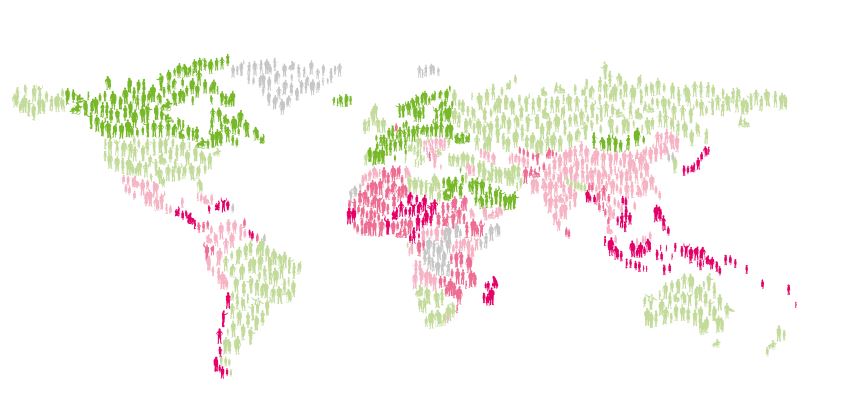
Climate change remains the greatest threat to the livelihoods, security and well-being of the peoples of the Pacific islands.
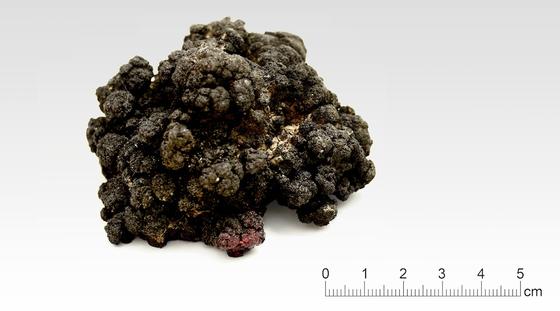
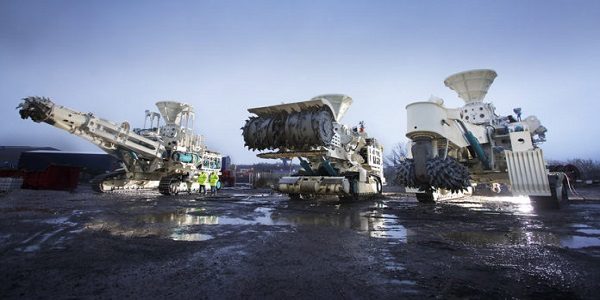
Deep sea mining for rare metals is the new industrial frontier and will have devastating implications for the marine environment.
Proposed mining would threaten not only crucial ecosystems but the global fight against climate breakdown.
The Blue Planet Society is calling on the International Seabed Authority to stop all plans for deep sea mining and prioritise the health of our communities and recognise values beyond economic gain.
Sign the petition to stop deep sea mining!
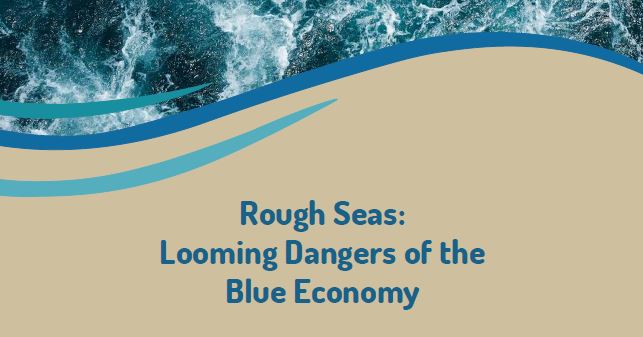
The ocean’s health is increasingly under threat as a result of human exploitation of its resources, destruction of biodiversity, and pollution from land-based sources, while the situation of climate
change has further exacerbated efforts to protect the ocean. Once considered out of reach economically and technologically, new developments and advancements in technology are making it more
feasible to exploit deep-sea resources, with global powers and Pacific Island governments rushing to carve up the ocean. In 2012, at the United Nations Conference on Sustainable Development in Rio, and in the wake of the green economy discourse, oceans became a global priority for the Alliance of Small Island Developing States (AOSIS), which includes the Pacific Small
Island Developing States (PSIDS). AOSIS and PSIDS launched the Blue Economy concept that made oceans central to their discussions on sustainable development. Although, AOSIS and PSIDS may have initially spearheaded the concept and notion of the Blue Economy, the spirit and hopes underpinning it are already obscured by the industrial ambitions of the region’s colonial powers, as well as new powers who are competing to carve up the Pacific.


Deep sea mining (DSM) in the Pacific is of growing interest to frontier investors, mining companies and some island economies. To date, no commercial operations have been established, but much seabed mineral exploration is occurring. The focus is on polymetallic nodules in the Clarion Clipperton Zone (CCZ) in the north-eastern equatorial Pacific, and in the exclusive economic zones (EEZs) of several nations.
Read more “New Report highlights Deep Sea Nodule Mining Danger to Pacific Ocean and Island Nations”
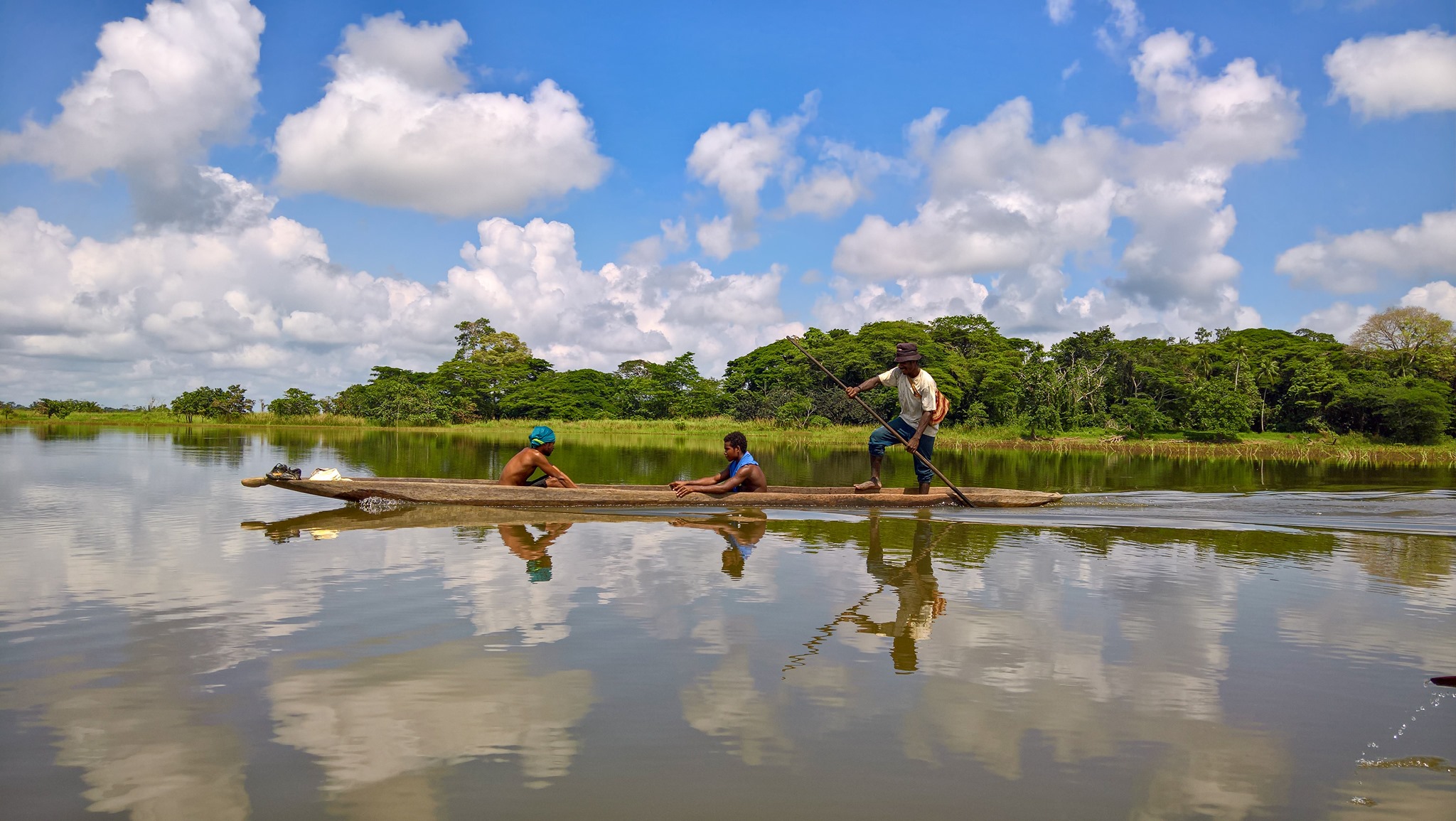
The Save the Sepik campaign is fighting to protect the Sepik River from the Frieda River Mine.
We believe that the risk posed by the Frieda River mine is too great and could irreparably devastate the Sepik environment and the communities that live along it.
We want Papua New Guinea’s Conservation and Environment and Protection Authority (CEPA) to reject the Frieda River mine and for the PNG government to take the next steps in placing the Sepik River region on the World Heritage List.
Join the campiagn and send a letter to call on the Conservation and Environment Protection Authority (CEPA), Members of the Environment Council and the Minister of Environment of Papua New Guinea to reject the Sepik Infrastructure Development Project, including the Frieda River mine in the Sepik region:
Like the infamous Ok Tedi mine in Western Province, it is a disaster waiting to happen
There is no evidence of free, prior and informed consent
The Environmental Impact Statement (EIS) is severely deficient
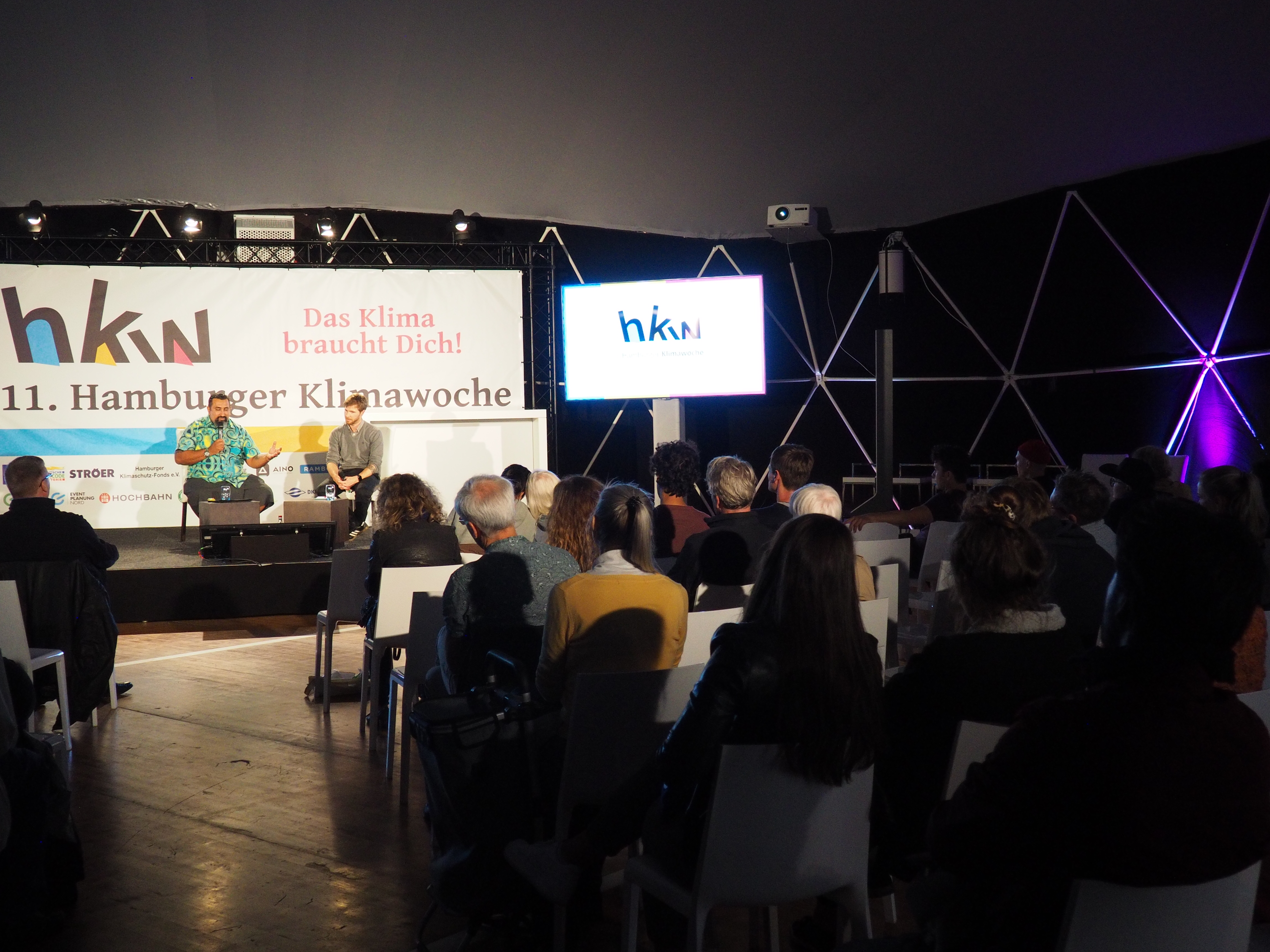
We are not drowning, we are fighting! Fight with us! – Round trip with Rev. Bhagwan, Fiji
Oceans in the climate crisis
From 26 September to 3 October 2019, Fair Oceans and the Oceania-Dialogue organised a speaker/lobby tour with Rev. James Bhagwan, General Secretary of the Pacific Conference of Churches.
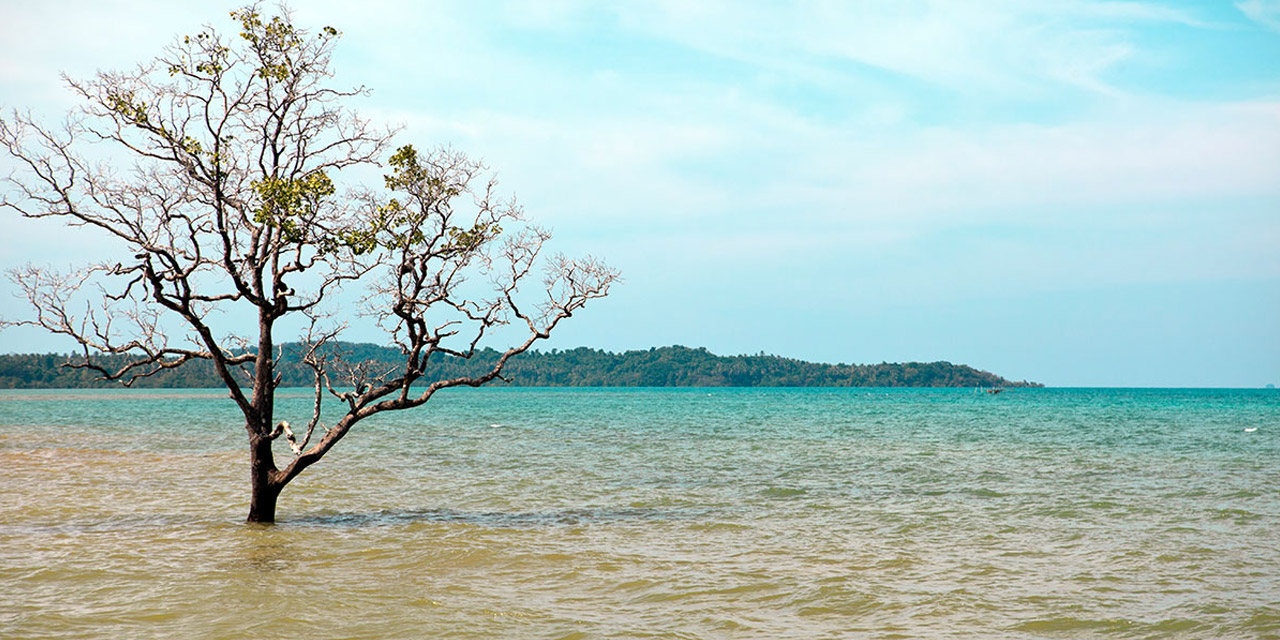
In September 2018, the Toda Peace Institute and the National Centre for Peace and Conflict Studies (University of Otago, New Zealand) conducted a workshop on “Climate Change and Conflict in the Pacific: Prevention, Management and the Enhancement of Community Resilience” in Auckland, New Zealand.
Flowing from the debates and findings of that workshop, a draft of the ‘Toda Pacific Declaration on Climate Change, Conflict and Peace’ was elaborated and opened for comment. After an extensive and comprehensive process of discussion and several iterations of the draft, the Declaration was launched on 29 July 2019. The Declaration has been contributed to by many academics, policymakers, peacebuilding practitioners and civil society actors concerned about the challenges and potential conflict linkages posed by climatic uncertainty in the Pacific. In particular, Toda is grateful to the lead authors Volker Boege, John Campbell, Kevin Clements, Kirsten Davies and Upolu Luma Vaai.
Our wish now is that the Declaration, available at this link on the Toda website, will be widely circulated and endorsed by as many people and organisations as possible. Organisational endorsements can count the number of people represented by the organisation. Please go to the link, endorse the Declaration and circulate it widely to your networks.
Toda Pacific Declaration on Climate Change, Conflict and Peace
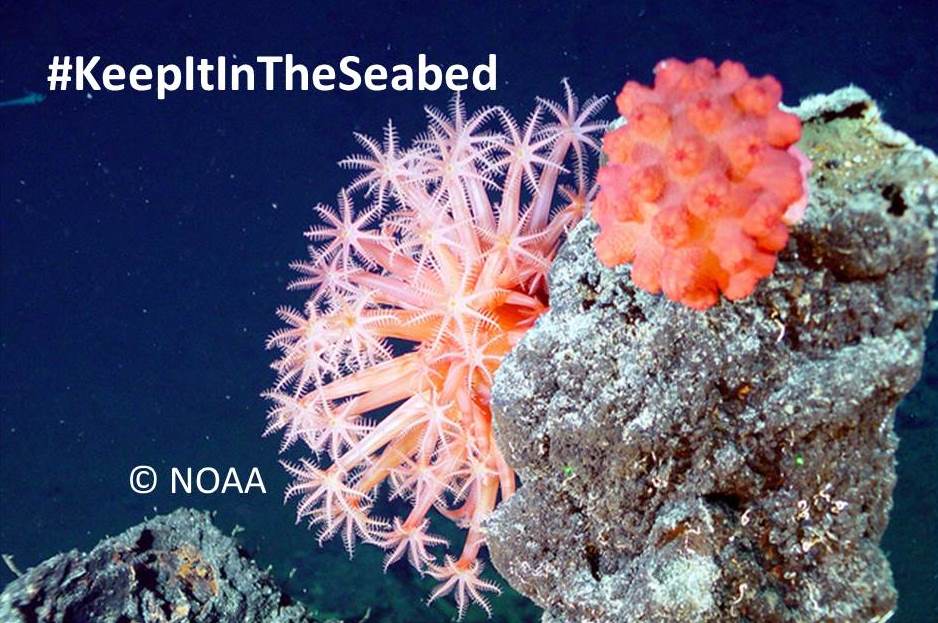
from Seas at Risk
Deep sea mining proponents such as the International Seabed Authority (ISA) claim that economic prosperity can only be secured if the global supply of metals doubles by the middle of this century. Yet UNEP’s International Resource Panel (IRP) brings a different perspective on the future needs for metals and calls for a new global governance mechanism to oversee the sustainable use and supply of mineral resources. Seas At Risk calls on ISA member countries to rethink their support for deep sea mining in light of the UNEP-IRP’s findings and recommendations.
Read more “Deep sea mining: not needed for the future we want”
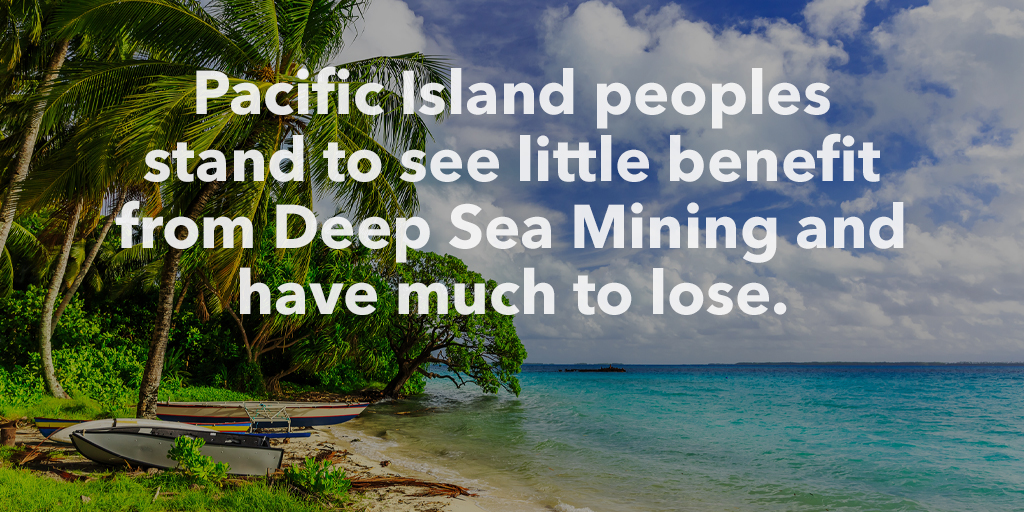
WHY THE RUSH FOR SEABED MINING?
INTRIGUE, COLLUSION AND INTERESTING BEDFELLOWS
A hard hitting report released today by the Deep Sea Mining Campaign exposes blatant corporate capture of the ISA and the manipulation of Pacific regional decision-making processes by deep sea mining companies and their backers. It calls for a moratorium on the development of deep sea mining (DSM) regulations and the issuing of exploration and exploitation licences in international and national waters.
Deep Sea Mining Campaign Media Release

In Papua New Guinea, the world’s first commercial deep-sea mining project – “Solwara 1” – is about to start: an initial project and door opener for global deep-sea exploitation. Furthermore, the planned mine off the New Ireland’s coast is a symbol of the imperial, destructive and unjust economy of the industrialized countries. In autumn 2018, two of the many protesters in Papua New Guinea visited us for a Speakers Tour through Europe.
Read more “LOOKING BACK: NO DEEP SEA MINING! – SPEAKERS TOUR WITH GUESTS FROM PAPUA NEW GUINEA 2018”
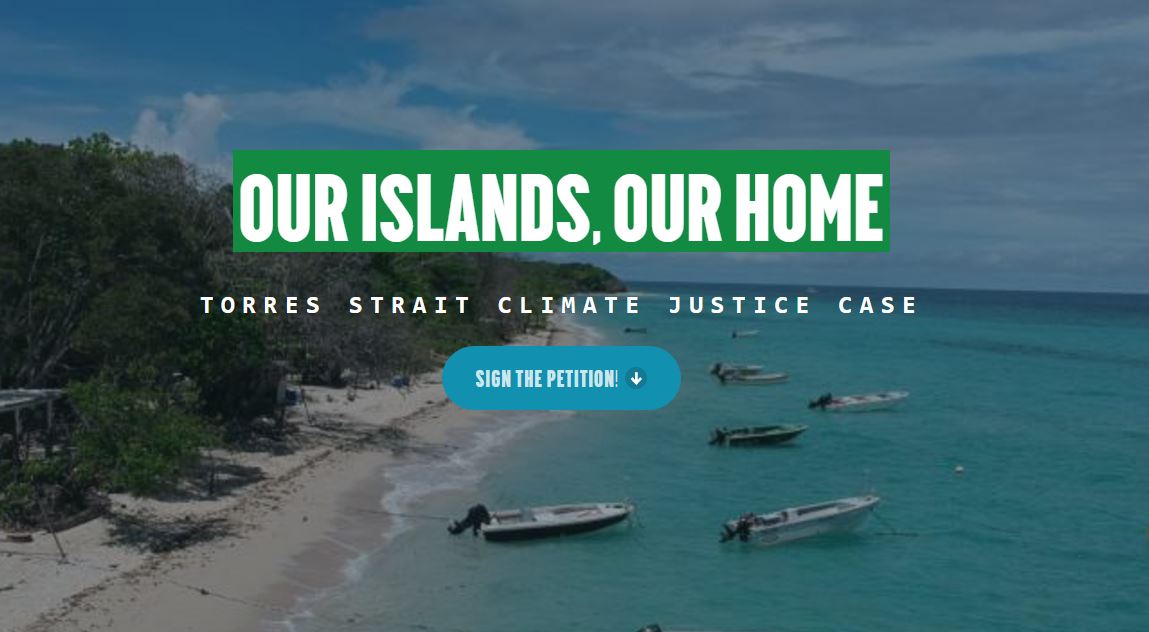
Torres Strait Islanders are bringing the first climate change case against the Australian federal government over human rights.
Read more “OUR ISLANDS, OUR HOME TORRES STRAIT CLIMATE JUSTICE CASE”
ePOP – eParticipatory Observers Project is built on an international network of young observers, committed and filled with solidarity, who produce in a participative way short videos of 2-3 minutes, aiming at collecting the perceptions of populations about the impacts of global changes (climate and environmental changes).
Read more “ePOP-Videos on climate and environmental changes that threaten people in Oceania”

John Childs, Lancaster University
When they start mining the seabed, they’ll start mining part of me.
These are the words of a clan chief of the Duke of York Islands – a small archipelago in the Bismarck Sea of Papua New Guinea which lies 30km from the world’s first commercial deep sea mine site, known as “Solwara 1”. The project, which has been delayed due to funding difficulties, is operated by Canadian company Nautilus Minerals and is poised to extract copper from the seabed, 1600m below the surface.
Read more “Deep sea mining threatens indigenous culture in Papua New Guinea”
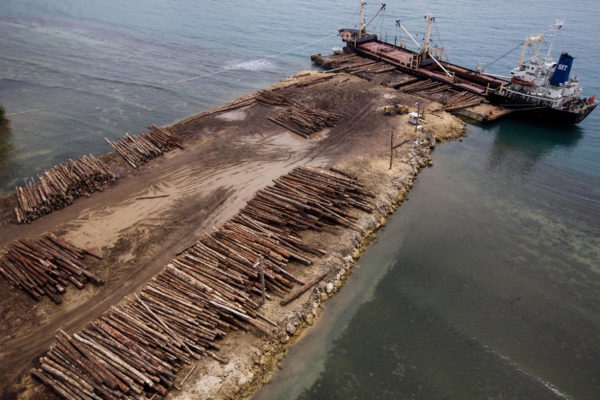
Special Agricultural Business Leases (SABL) are being used by foreign companies to unlawfully occupy community-owned land in Papua New Guinea (PNG).
This is despite the leases being declared unlawful and universally discredited. This is happening with the connivance and support of PNG’s politicians and public servants. The foreign companies have been able to abus the law to illegally lease land and grab forest resources from customary landowners — without their legally required consent, and often without any prior warning. As a result of this state-sanctioned land grab, hundreds of thousands of people, most living in remote rural communities, have seen their traditional subsistence lifestyles and environment destroyed and are suffering a wide-range of serious and on-going human rights abuses.
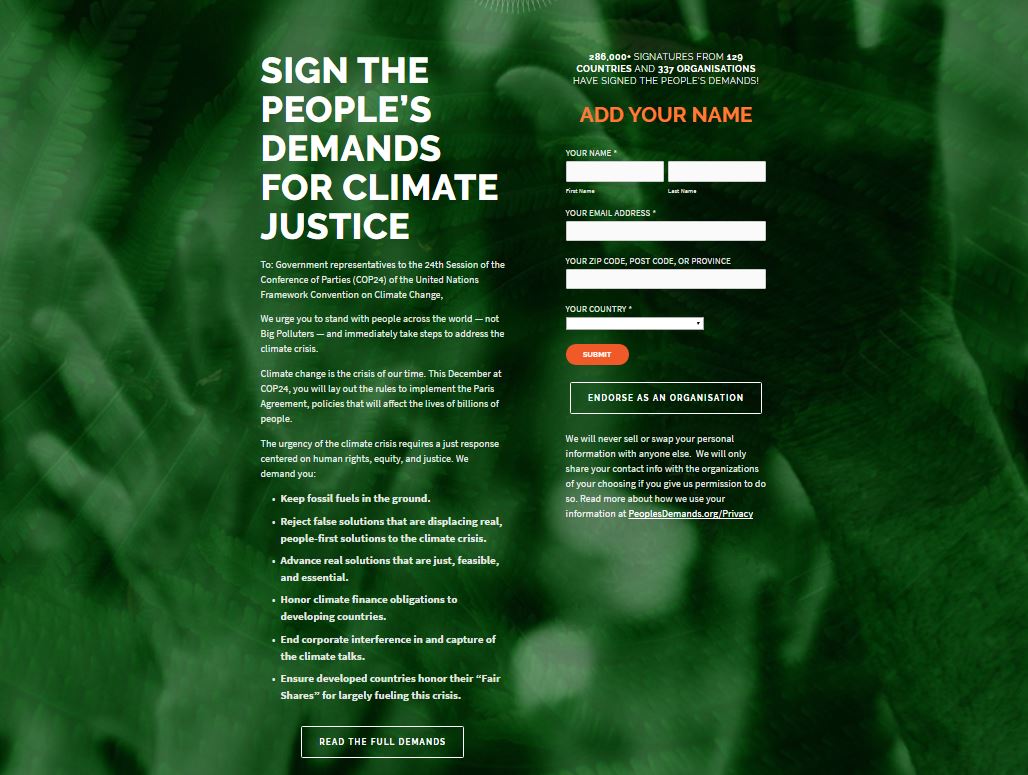
To: Government representatives to the 24th Session of the Conference of Parties (COP24) of the United Nations Framework Convention on Climate Change,
We urge you to stand with people across the world — not Big Polluters — and immediately take steps to address the climate crisis.
Climate change is the crisis of our time. This December at COP24, you will lay out the rules to implement the Paris Agreement, policies that will affect the lives of billions of people.
The urgency of the climate crisis requires a just response centered on human rights, equity, and justice. We demand you:
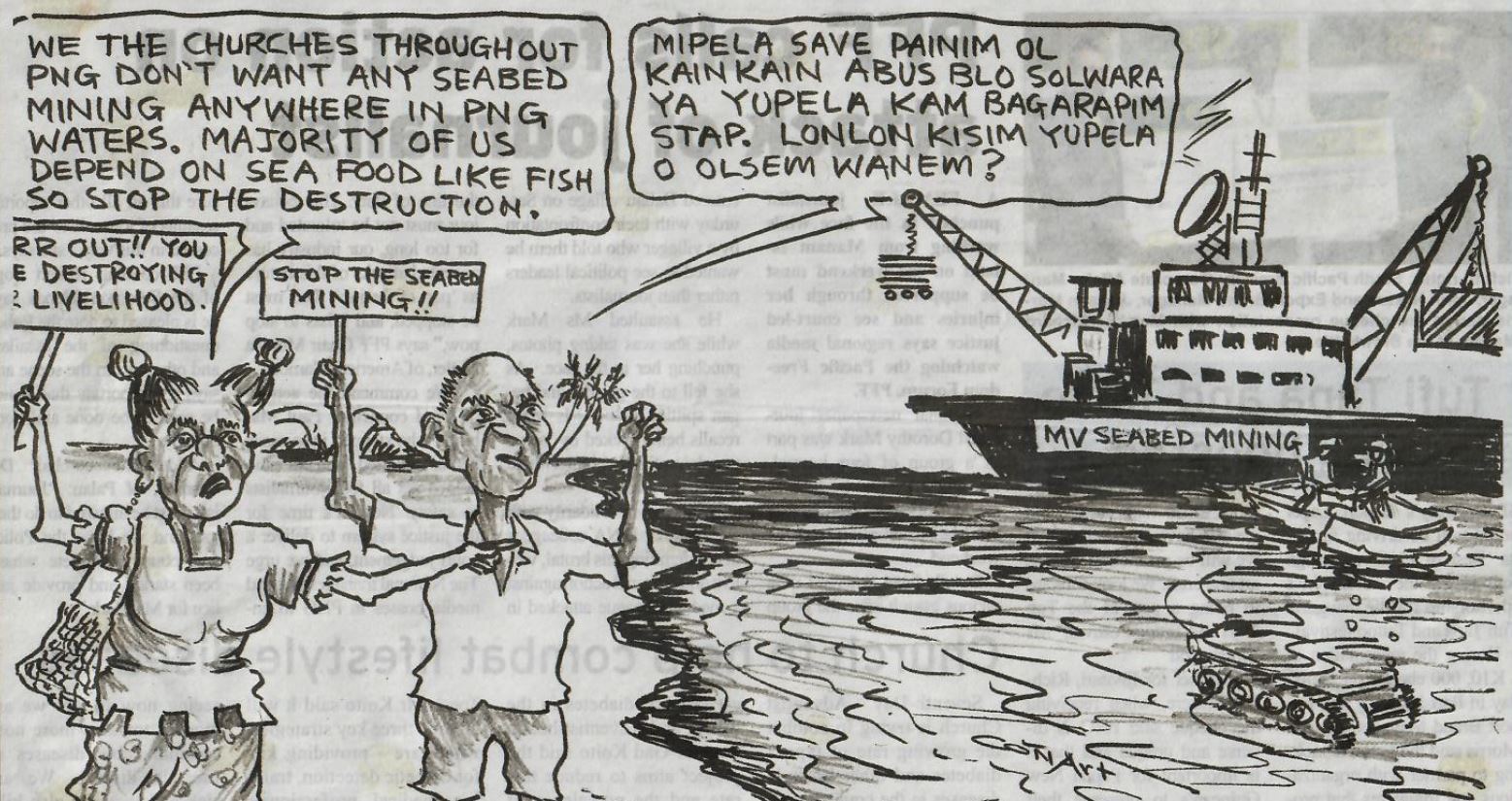
The PNG Council of Churches has called for a total ban on seabed mining in the country. The Council of Churches representatives from the United, Anglican, Catholic, Lutheran, Salvation Army, Seventh Day Adventist, Evangelical Alliance Church of Manus, Baptist and Body of Christ made their stance known after considering the seriousness of the activity on the seabed.
Read more “PNG COUNCIL OF CHURCHES CALLS FOR A TOTAL BAN ON SEABED MINING”

As African, Caribbean and Pacific (ACP) Countries prepare to re-negotiate their relationship with the European Union (EU), we civil society organisations and people from the Pacific are calling for any future relationship to support our nations to determine and define our own development.
Read more “PETITION: PACIFIC CALLS FOR EQUITABLE AND TRANSFORMATIVE RELATIONS WITH THE EU”

The German government supports a number of industry and research initiatives, both politically
and financially that massively promote deep sea mining. In the face of these trends,
environmental, development and human rights organisations associated in the German NGO
Working Group on Deep Sea Mining are calling for a rethinking and consequently a change
in policy-making. The total raw materials consumption in Germany and Europe must be drastically
reduced. The deep sea has to be protected as humanity’s common heritage. Deep
sea mining is incompatible with the preservation and conservation of this heritage, but is
on the contrary linked to severe disturbances of marine ecosystems, biodiversity loss and
incalculable consequences for the marine world and the people living in coastal areas.
Deep Sea Mining is the opposite of a sustainable raw materials policy!
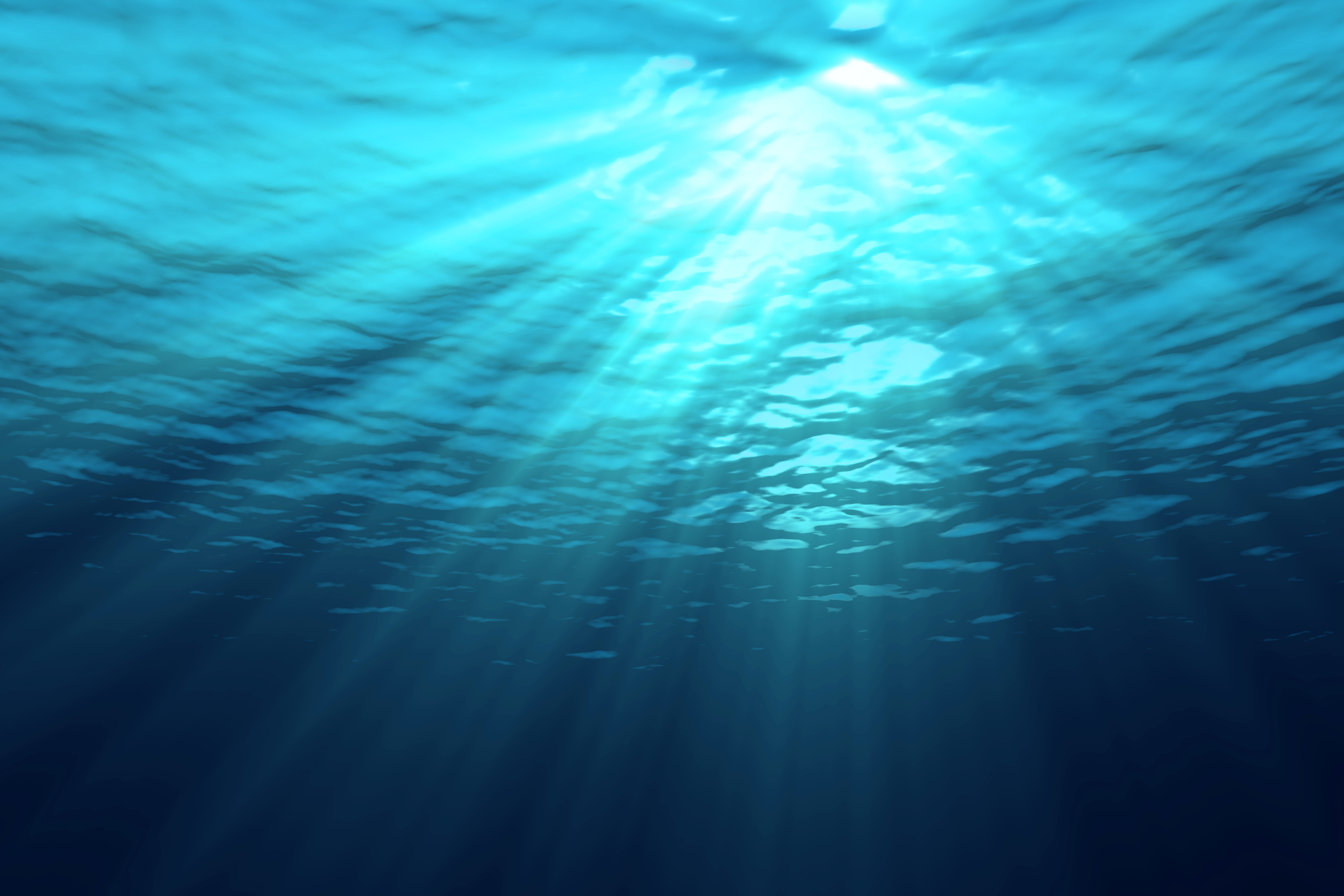
Harvard Environmental Law Review details deep sea mining’s threats to climate, biodiversity, and indigenous peoples; calls for precautionary new legal standards
The Harvard Environmental Law Review published an article entitled, “Broadening Common Heritage: Addressing Gaps in the Deep Sea Mining Regulatory Regime.” The article provides a new perspective on the incipient global industry of seabed mining, heralded as the next extractive frontier despite growing concerns and opposition from civil society, scientific experts, and indigenous groups worldwide.
The article provides a brief overview of the so-called ‘gold-rush’ for seabed minerals, in which countries and companies have scrambled to buy up licenses for seabed exploration covering millions of square kilometers of ocean, before environmental and regulatory standards have even been drafted.
“Pacific Islanders have already suffered negative consequences as a result of mere exploratory mining in the region,” says author Julian Aguon, attorney and founder of Blue Ocean Law—a law firm that works throughout the Pacific region to defend and advance the rights of colonized and indigenous peoples. “Our work has documented impacts to fisheries and traditional customs in coastal communities in Papua New Guinea, Tonga and elsewhere, and the disconcerting absence of true and meaningful consultation with affected groups.
The Last Frontier, a documentary series focusing on experimental seabed mining, an imminent venture in the Pacific.
This documentary presents the situation in Papua New Guinea (PNG).
Despite the experimental nature and a dearth of knowledge about hydrothermal vents and deep sea ecosystems, Nautilus Minerals Inc. is already prospecting PNG’s Bismarck Sea with an aim to begin mining as early as 2019.
This film highlights a general failure by authorities to incorporate sufficient environmental protections, as well as the norm of free, prior, and informed consent (FPIC) for indigenous peoples of the Bismarck Sea.
These are the voices of the guardians protecting the Last Frontier.
A video documentary by the Pacific Network on Globalisation (PANG)
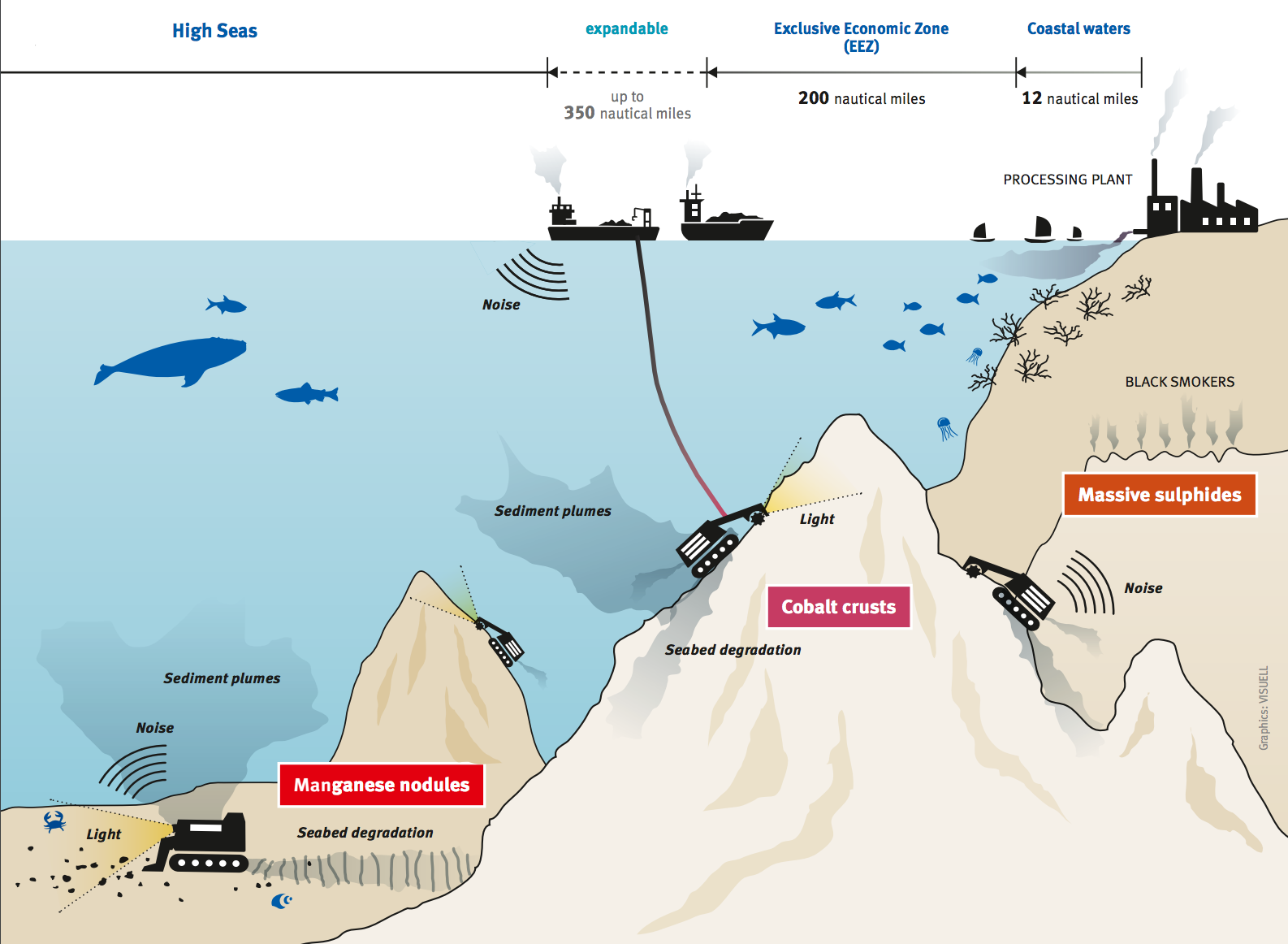
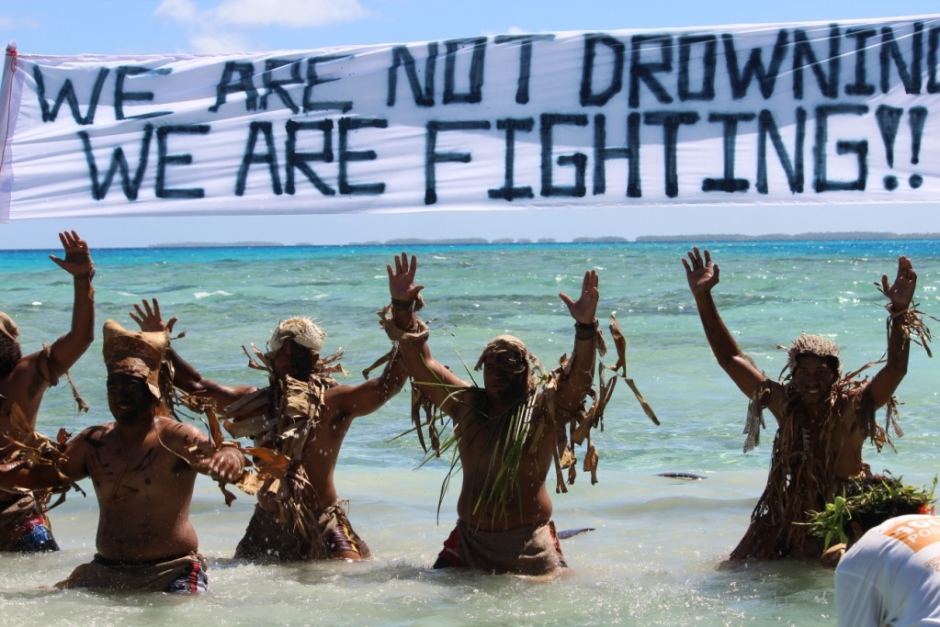
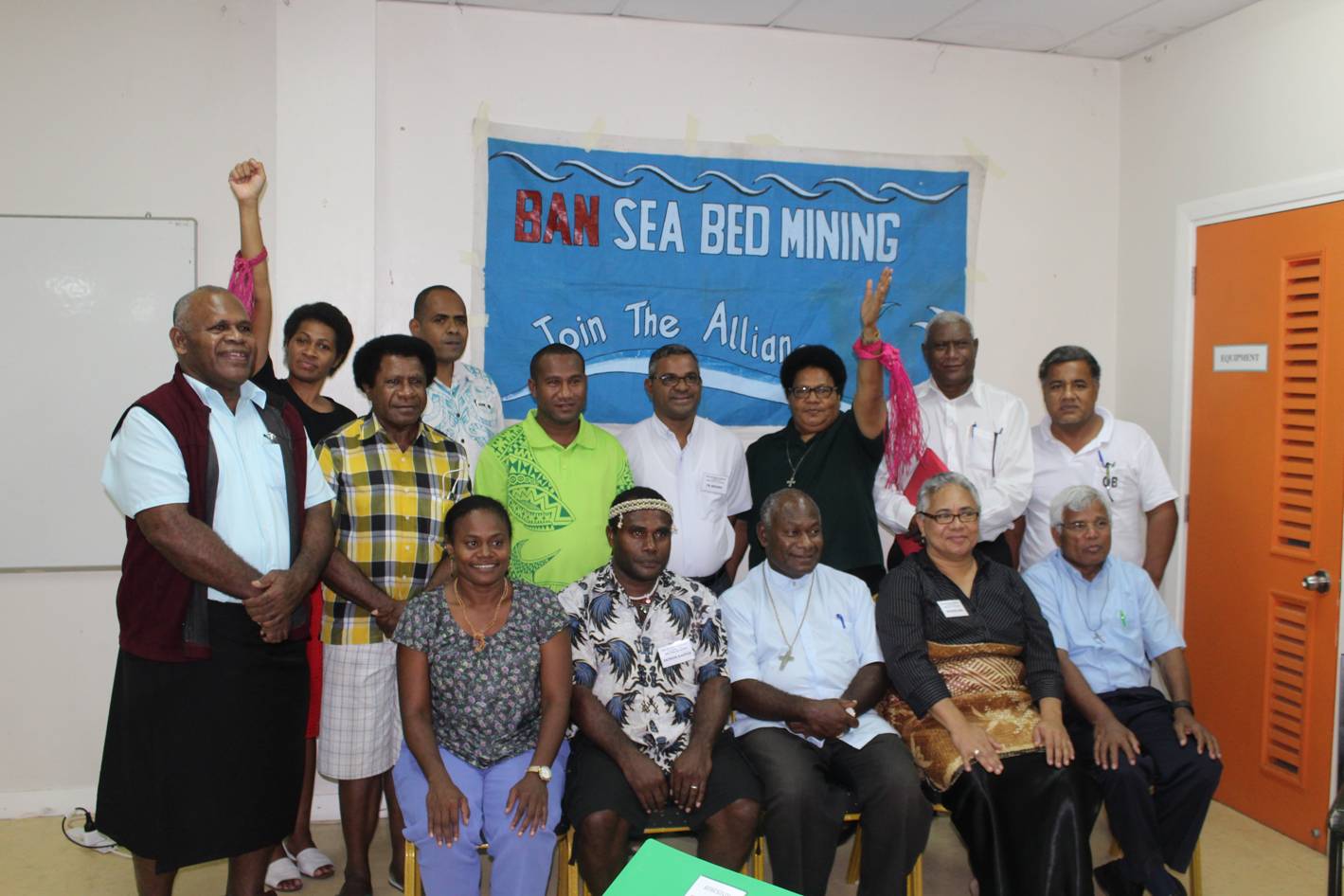
Recent Comments